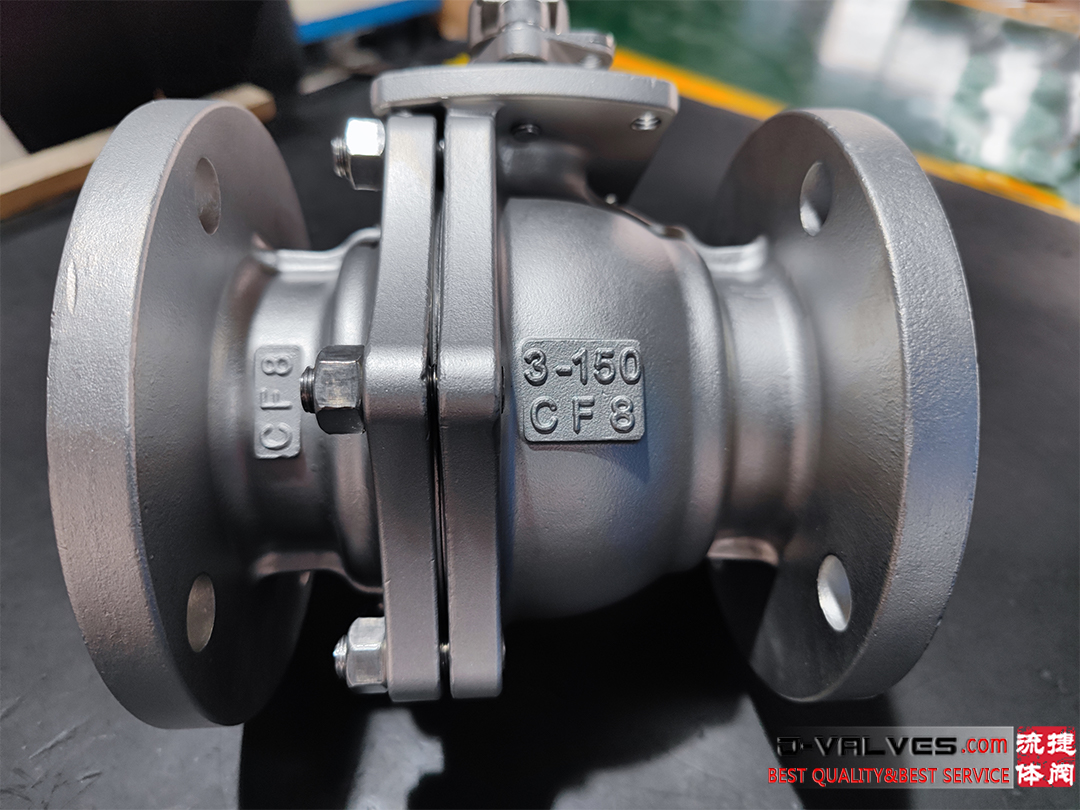








A Ball Valve is a flow control device that utilizes a spherical disc to control the flow through it. The core component, the ball, has a hole through its center, and when this hole is in line with both ends of the valve, flow will occur. When the ball is rotated 90 degrees from this position, the flow is blocked, making the Ball Valve an efficient means of controlling fluid flow. Ball Valves are known for their durability and excellent sealing capabilities, making them a popular choice in various applications.
The Ball Valve consists of several critical components that ensure its effective operation. The main body of the Ball Valve typically houses the ball itself, which is made to fit perfectly within the valve's interior. This ball has a hole, or port, through its center. Attached to the ball is a stem that allows for control of the valve's position. The valve's operation is simple: when the ball's hole is aligned with the flow direction, fluid can pass through; when it's perpendicular, flow is stopped.
One of the primary advantages of using a Ball Valve is its straightforward operation and ability to achieve a perfect seal with minimal torque. Ball Valves are also renowned for their versatility, being suitable for use across a wide range of pressures and temperatures. Moreover, their robust design makes them ideal for applications where reliable performance is critical. Whether it's in residential plumbing systems or industrial processes, the Ball Valve's durability and efficiency make it an indispensable tool.
Ball Valves come in various designs to cater to different needs. The most common types include full port, reduced port, and V-port Ball Valves. Full port Ball Valves offer minimal resistance to flow as the hole in the ball is the same size as the pipeline. Reduced port Ball Valves have a smaller hole and thus, provide some restriction to flow. V-port Ball Valves have a 'V' shaped ball or seat, making them well-suited for throttling applications. Each type has its unique advantages and can be selected based on specific requirements.
Ball Valves find their application in a myriad of settings due to their versatility and reliability. In residential settings, they are commonly used in water and gas lines where a tight seal and easy operation are necessary. In industrial contexts, Ball Valves are employed in processes involving high pressure and temperature conditions, thanks to their robust construction and excellent sealing capabilities. Additionally, their ease of maintenance and long service life make them a preferred choice in many industries.